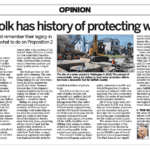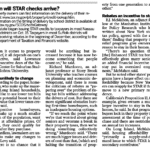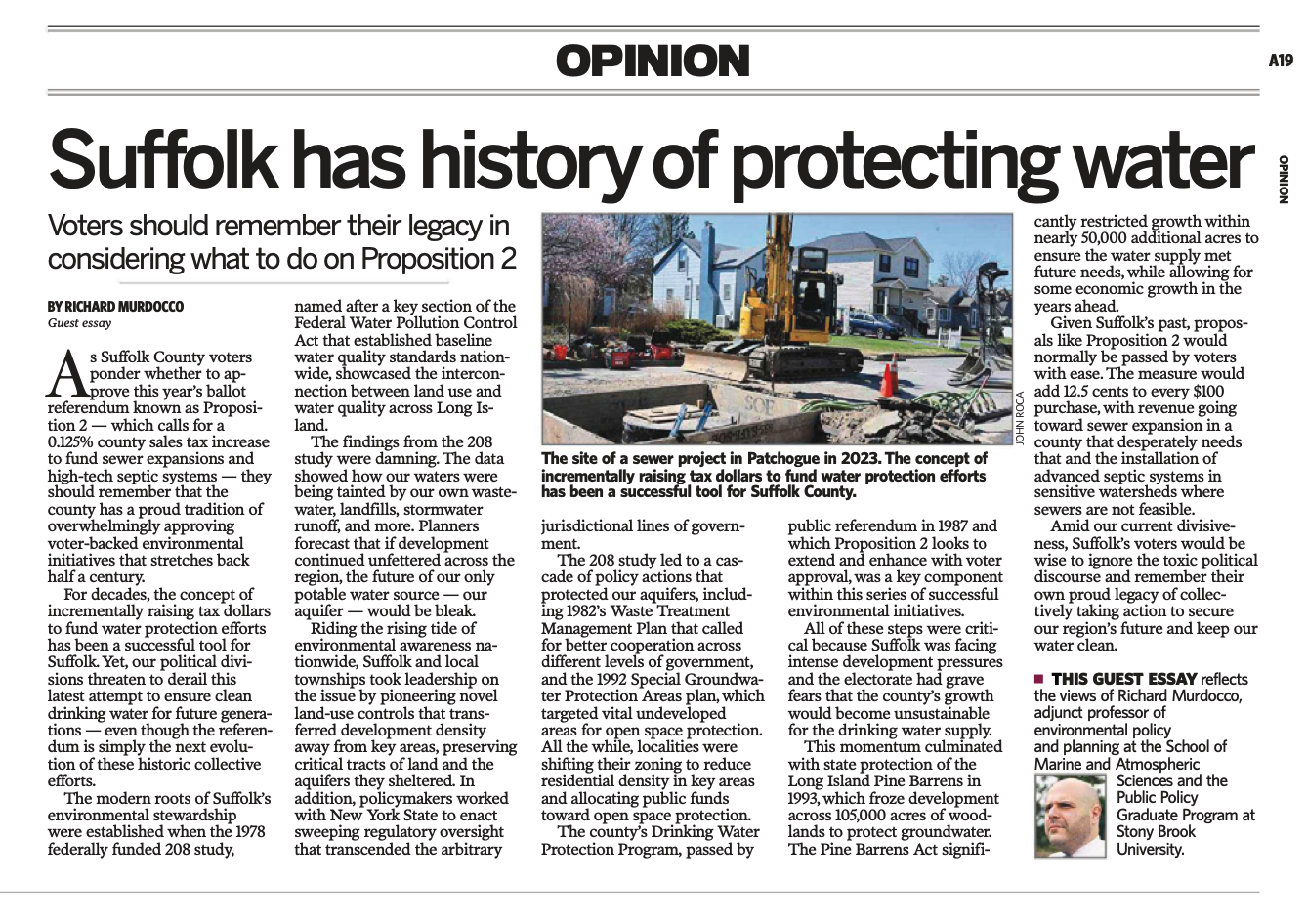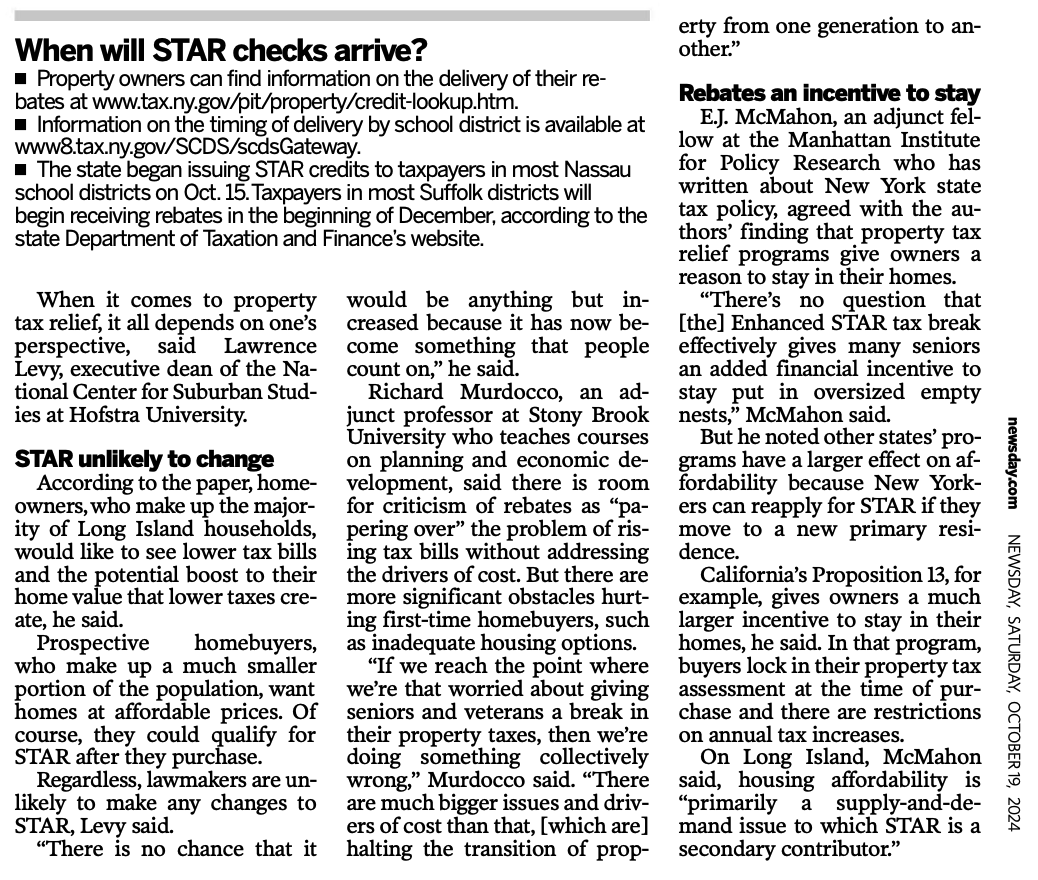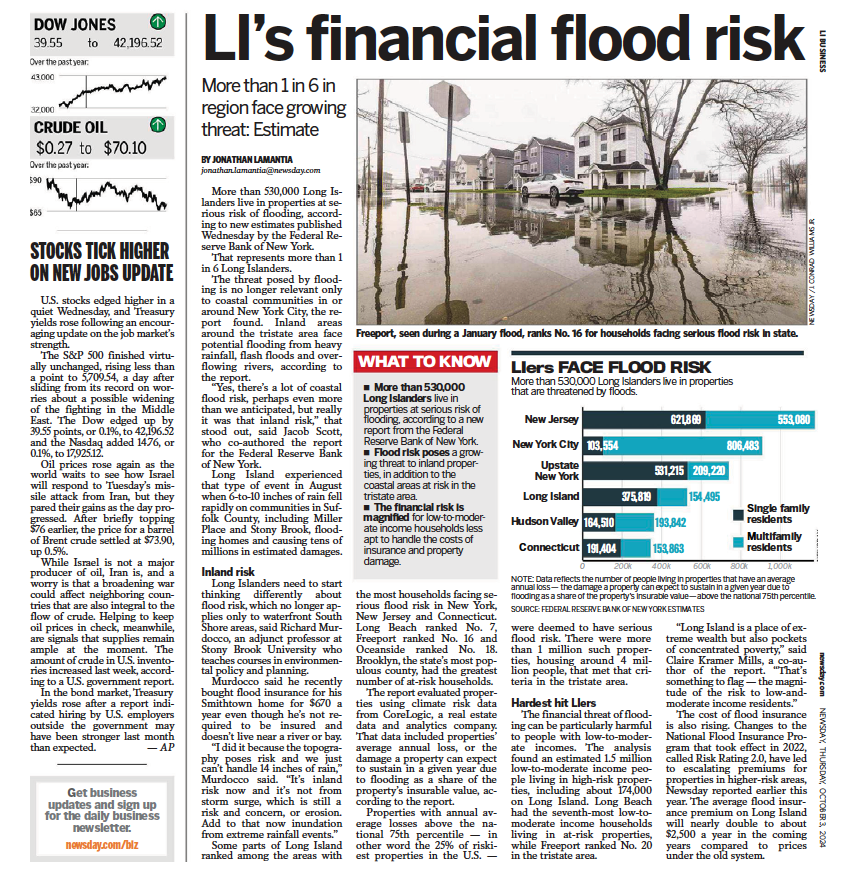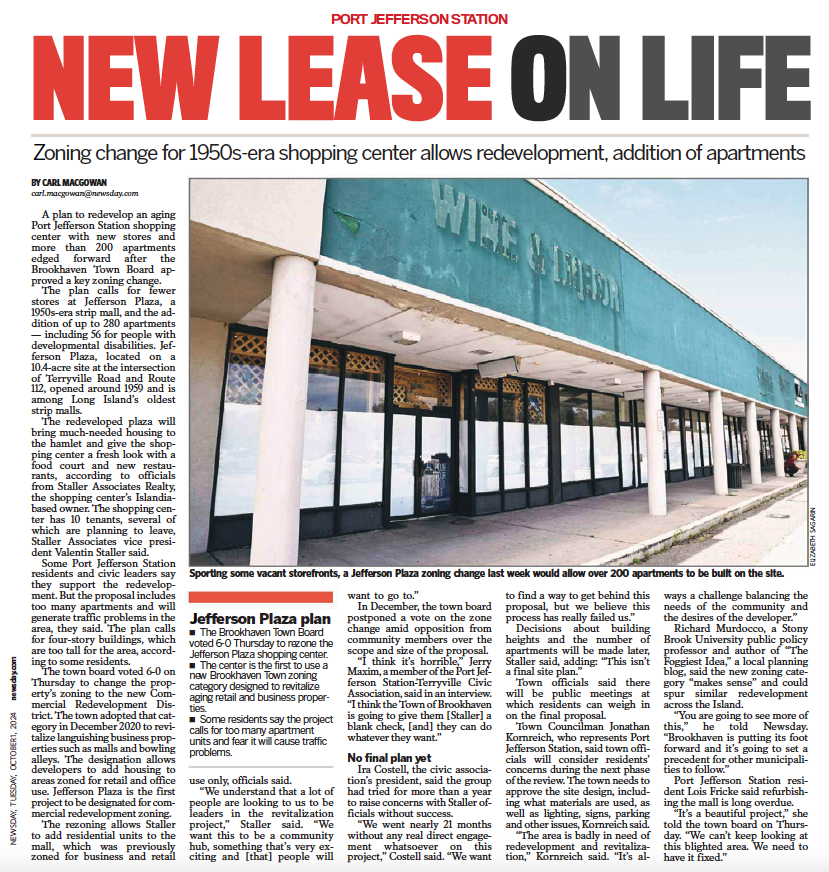It seems that Destination LI, “a nonprofit community building and educational organization dedicated to helping people create and sustain vibrant centers” on Long Island, has been quietly busy in recent months.
Recently, the group released a survey, which, to nobody’s surprise, shows that millennials are not exactly thrilled with Long Island’s housing options.
The solution? Those “vibrant” walkable communities that have been pitched so many times before. The survey also touched upon Long Island’s need for jobs that match millennial skillsets and salary expectations, two critical issues that policymakers must address.
In a nutshell, as reported by Newsday’s Olivia Winslow,“the survey, conducted on social media web forums between Feb. 27 and March 24, drew 413 respondents.” To solicit responses, the group used sites such as Facebook, Twitter, LinkedIn, Reddit and others. Seventy-five percent of those who participated said that they either “agree” or “strongly agree” that Long Island’s housing options limit their ability to stay, with 58.7 percent saying they currently live with parents or relatives.
For perspective, consider this: According to U.S. Census data from 2010, there were 478,988 millennials in the Nassau-Suffolk region. Destination LI’s survey of 413 represents 0.08 percent of the sample size – far from a representative sample of that segment of population. Given the large gap between population and those surveyed online (which, by surveying standards, is a poor solicitation method), it’s important to take the results for what they are – anecdotal, but still an important commentary. Long Island clearly has issues with providing housing, but we’re going about it the wrong way.
The survey brings to light significant questions concerning Long Island. Is regional housing availability holding millennials back, or is it Long Island’s stagnant economy? The survey infers that walkable apartments keep millennials here, but what about affordable single-family homes? Are apartments the only housing option for this age group? Is more development the answer to our regional woes? Are the survey’s findings legitimate given the methodology?
Finally, the big question remains: Should developers be driving the regional conversation on housing needs?
The answer to any of these questions is up for debate, but the last one should resonate. Have Long Islanders become so apathetic that they now are reliant upon stakeholders to conduct surveys that not only get ample press coverage, but are sure to influence policy decisions on the regional level? Shouldn’t planners be conducting these studies, with their recommendations being based off appropriate methodology and professionalism?
Our policy solutions are only as good as the data that informs them. With land-use, the cost of failure is too expensive and repercussions too severe and far reaching to rely on stakeholder-driven solutions. We all are leaders in that we have the power to collectively shape our community. Let’s take back the reins and give our problems the thoughtful analysis they deserve.



